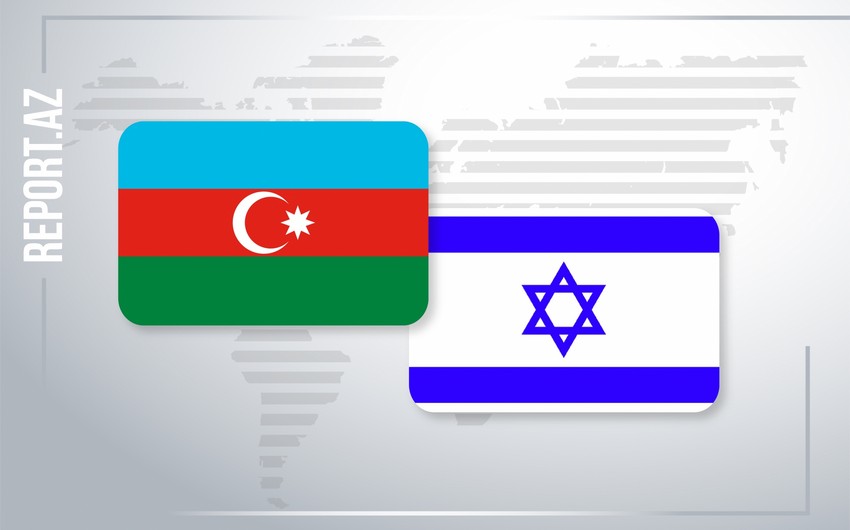Israel’s deepening relations with Azerbaijan contributes to the stability and security of the South Caucasus, Robert M. Cutler, Senior Research Fellow at NATO Association of Canada and Director of its Energy Security Program, said in an article published in The Central Asia-Caucasus Analyst.
The expert believes that Israel’s deepening relations with Azerbaijan and the Central Asian countries—and the significant assistance that it can provide to these countries’ domestic economies as well as their security—contributes to the stability and security of the broader region.
"They also give the Central Asian countries another “vector” for escaping the visegrip of Russian and Chinese influence," Cutler said.
He noted that Israel’s closer relations with Azerbaijan must be contextualized in the new geopolitical landscape.
Such developments have likewise conditioned the significant improvement of Israel’s relations with Türkiye and other countries in the region, Cutler noted, adding that they have already led to closer relations with a series of the countries in Central Asia as well.
"For example, foreign minister Cohen’s meetings in Baku took place just before he flew to Turkmenistan to inaugurate his country’s first embassy in Ashgabat, which happens to be 12 miles from the border with Iran," he noted.
The publication notes that Russia’s relative strategic weakness in the South Caucasus since the end of the Second Karabakh War, and particularly in the aftermath of 're-igniting its war of aggression against Ukraine,' poses profound challenges to the enduring peace and stability in the region.
"That is because it creates the opening for Iran’s growing infiltration into the region through the complex structures of its ally Armenia," the article says, adding that the visit of Israel’s foreign minister to Azerbaijan—coming at a time when the region faces mounting challenges from Iran’s escalating threats against Azerbaijan and its military-industrial cooperation with Armenia—is thus a factor for stability in the region.


 https://static.report.az/photo/243d4b9d-d7d2-3310-bed0-4156fd4da64d.jpg
https://static.report.az/photo/243d4b9d-d7d2-3310-bed0-4156fd4da64d.jpg

